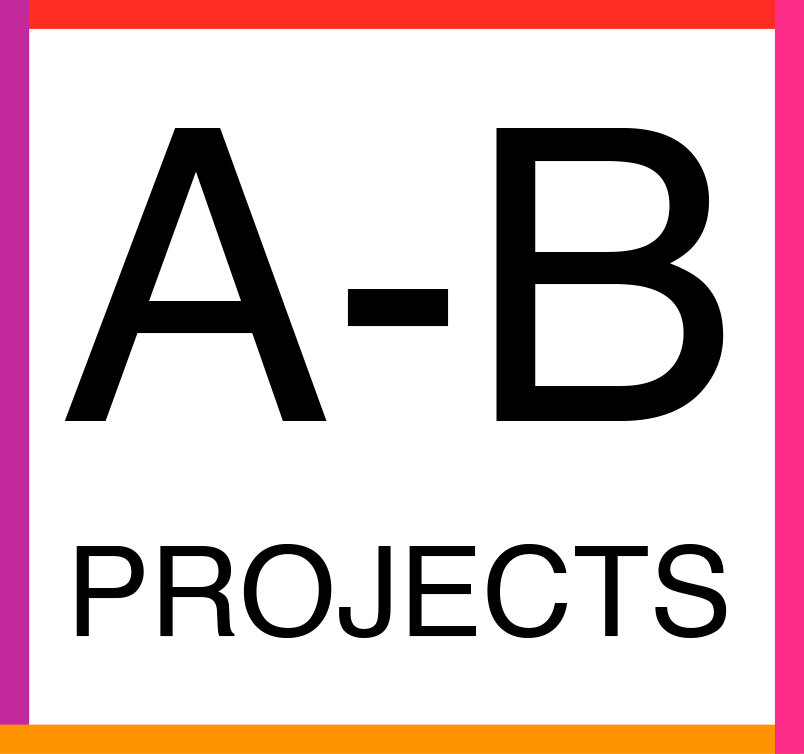
The ABCC is an accessible and affordable education in conceptual ceramics.
Designed for artists with any level of experience who are committed to deepening their practice in clay.
The ABCC is a unique year-long program offering intense inquiry and fieldwork that is inspired and guided by a range of the most innovative practitioners in contemporary ceramics.
Unlike traditional programs, the ABCC prioritizes ideas and process above technique or skill-based learning.
The primary focus of the ABCC is facilitating new directions, approaches, and questions that expand a participant’s relationship to clay, and clay’s relationship to their broader practice as an artist.
The ABCC commences upon your timeline.
It’s a 12-month program that begins whenever you decide to enroll—there’s no academic calendar and there’s no application.
The two prerequisites include taking a Studio Session and conducting an introductory interview with A-B Projects Director Nicole Seisler, to ensure that this program is the right fit for you and your practice.
60 Contact Hours
The ABCC is a predominantly online program involving 60 contact hours comprised of Studio Sessions, State of Ceramics, and one-on-one Advising meetings led by artists, writers, and curators who represent the forefront of contemporary ceramics.
Program participants are given priority access to registration for all Studio Sessions.
The ABCC Advisors are amongst the most critically-minded artists, writers, and curators in contemporary, conceptual ceramics.
The growing team of Advisors includes: Phoebe Cummings, Georgia Lassner, Cathy Lu, Kristen Morgin, Andres Payan Estrada, Kitty Ross, and Nicole Seisler.
In addition, Studio Sessions are lead by cutting edge innovators in the field, including: Nathan Lynch, Magdolene Dykstra, Ashwini Bhat, Stacy Jo Scott, Sarah Christie, and many more. Participants become personally connected to these artists during the intimate experience of Studio Sessions.
Receive critical feedback about your work in individual meetings with your Advisors.
No specialized equipment or facilities are necessary.
Participants do not need access to specialized equipment or facilities beyond what is already available in their studio or home. Kiln-firing objects is merely one way to work with clay and, consequently, a kiln is a wholly optional tool to have on hand.
In addition to a computer with a reliable internet connection, the only required materials and tools are clay, curiosity, and commitment.


